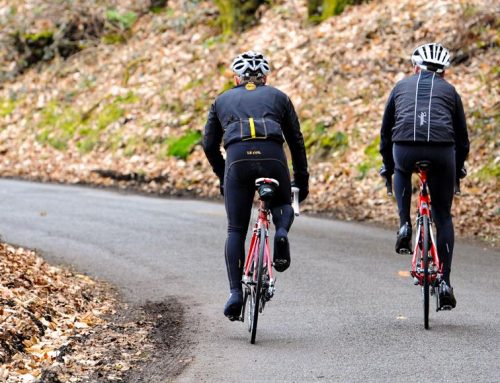
Sometimes however, in this tough gig called ‘parenting’ not all our interactions feel ‘unconditionally loving’ simply because the child/parent dynamic is full of ‘conditions’ of engagement. We have to say ‘no’ a lot. We disappoint and discipline.
Kidz on the Coast article –August 2015
As parents the love that we have for our children is unconditional…..it is a given…. nothing they can do will ever change the fact that we love them. We loved them from the beginning and we will always love them. Yes, that is a truly great thing.
Sometimes however, in this tough gig called ‘parenting’ not all our interactions feel ‘unconditionally loving’ simply because the child/parent dynamic is full of ‘conditions’ of engagement. We have to say ‘no’ a lot. We disappoint and discipline. We can get angry and snappy and tired and hurt and generally be the faulty, flawed human beings that we are. And sometimes our offspring will confuse and equate the conditions of parenting with conditions for loving them and can arrive at a faulty logical conclusion and limiting belief that our love is conditional.
I believe this lies at the very origin of what is almost a universal, existential human condition, one that we all carry as a core wound, a wound that lives at a very deep place within us, which is that we are either not lovable or worthy of love.
As a super flawed parent currently of a moody, angsty teenager, this deeply concerns and worries me. It is a thought that ignites and flames my internal pilot light of ‘mumma guilt’ into an epic inferno. “OMG he is going to believe I don’t love him. He’ll be in therapy for life!” Given I am a therapist and specialise in relationships, the irony and agony of this is truly awful.
After the recent school holidays I feel like very quickly things have escalated and deteriorated with my teenager. I feel out of my depth and that our parent/child relationship is not currently thriving but just surviving through some recent experiences. How do I parent during particularly challenging stresses, disappointments and flashpoints and keep the experience of love secure and safe and intact? I’ve meditated and prayed on this dilemma a lot lately.
Well my trusty Oracle, a.k.a my dear wise mum, was my first source to consult and she is basically the only one who can kick me up the bum and tell me to get real, take a good look in the mirror and live the wisdom I teach so many others. Thanks mum for your brutal honesty, dished out with love of course. What I know is that it comes down to is conscious loving relationships skills 101 (& some more advanced understandings too).
Ultimately what I teach all my couples and clients, and what I also need to remember myself, is that “love is a conscious decision and a decision to be conscious”. We may unconditionally love our children at a heart and core level, but we can’t take that for granted and assume that is enough and they will know. Unconditional love in action is conscious loving. It is a choice, a decision and a deliberate skill. Knowing love and experiencing love are different things.
This is what I know (and now what I must remember to experience and practice):
- Unconditional love begins with unconditional love for yourself. Be loving with yourself and you will find an expanded reservoir of love and tolerance for others too.
- When you love yourself, you can be clear about your own personal ‘boundaries’ and when you care for and protect your boundaries, others will see, understand and respect them too.
- You cannot change anyone, or force their behaviour to make you feel better. You must be responsible for what you feel. Be at choice about what you feel and be responsible for managing your own feelings and responses rather than allow other people’s behaviour to dictate how you feel.
- When you are 100% responsible for how you feel and experience a relationship, then you can eliminate any expectation from another. Expectations create stress and almost always, disappointment.
- Nothing is personal. Take nothing personally. Whatever is happening is not happening “to you” or to ‘punish you’ but it is happening “for you” – for your awareness, growth, and experience and evolving. Treat everything as a ‘learning moment’
- Separate the behaviour from the person. Be clear in your languaging, rather than “you are lazy” is better expressed as “that is a very lazy attitude”
To evolve and rise above and beyond just merely surviving parenthood, to create a thriving relationship, we need to make a conscious choice and effort to BE love for them. Conscious loving skills are all about awareness, choice and communicating. Sometimes under stress and new challenges we can lapse back into unconscious, which can very much stray into ‘conditional loving’ territory.
Sarah Tolmie is a Life & Love celebrant, coach, carer and consultant assisting people to celebrate, navigate, grow and heal through all their life & love transitions. Her practice focuses on love & relationships, families & children; life success & fulfilment, illness, death & grief. As a Celebrant Sarah create profound and meaningful ceremonies for all life & love events. Sarah is also a Laughter Yoga Practitioner. You can visit her website new.sarahtolmie.com.au and receive her Daily Love updates on her Facebook page at Sarah Tolmie – Life & Love.





